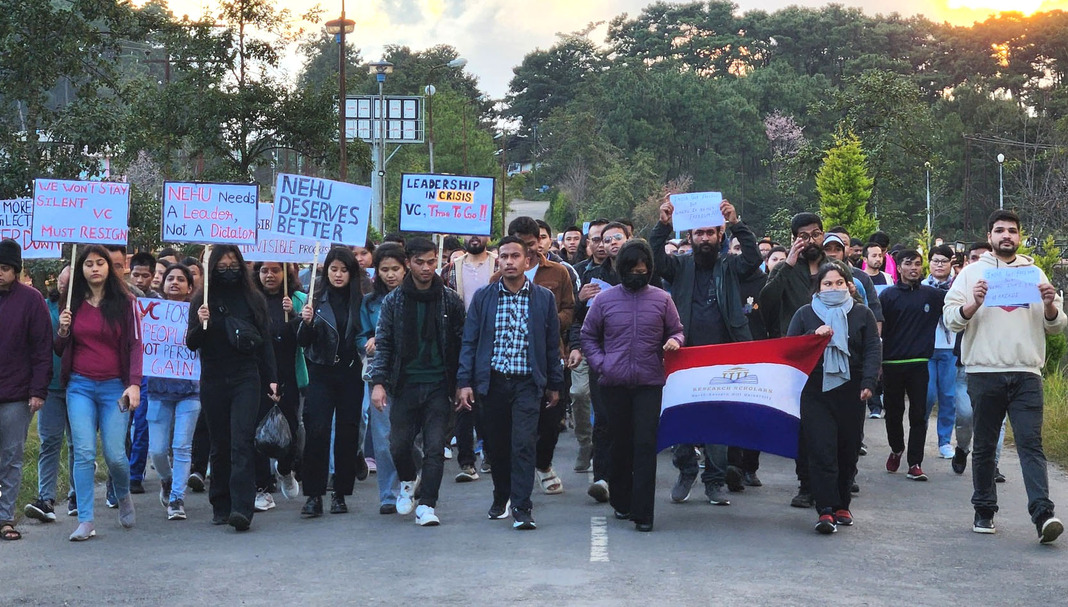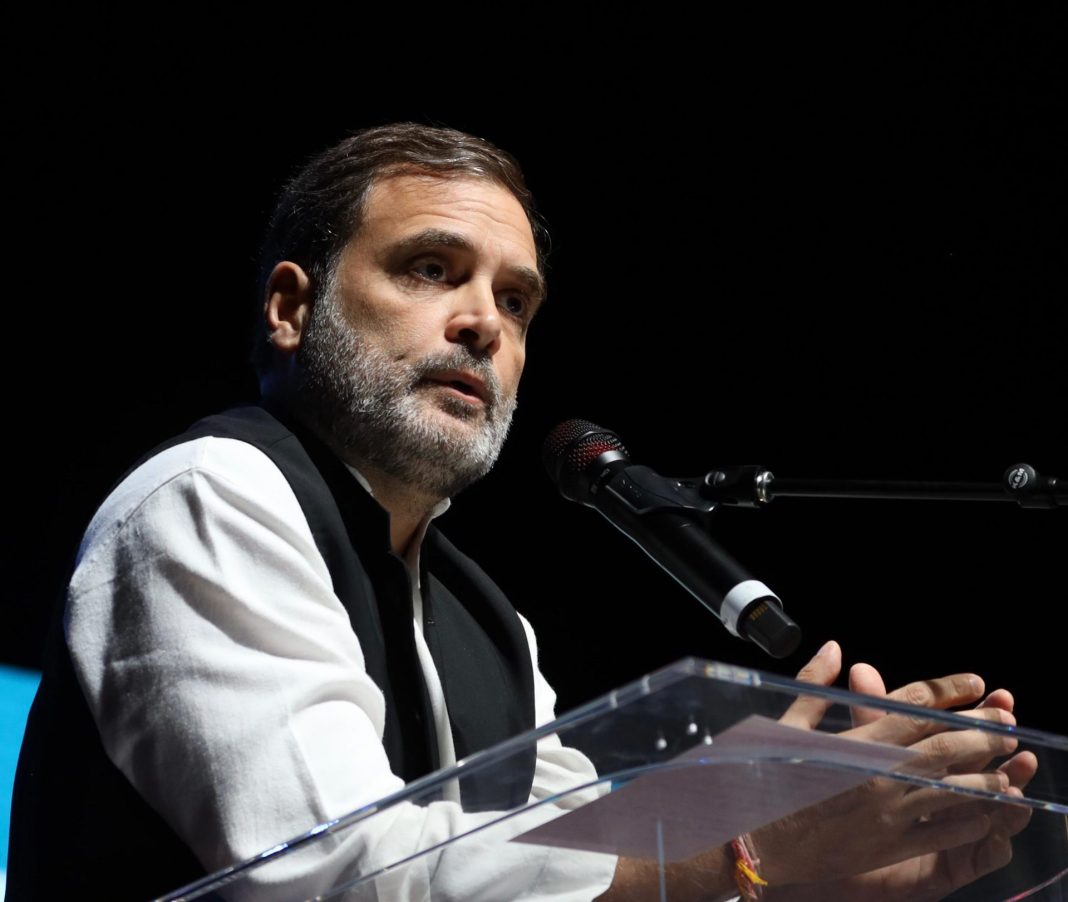Find ways to tackle misinformation while upholding freedom of press: CM
Shillong, Nov 17: The state government has increased the ex-gratia payment for death of journalists to ₹5 lakh, among other measures for welfare of the journalist fraternity.
Announcing the government’s decision while addressing the National Press Day celebration here on Saturday, chief minister Conrad K Sangma said the next of kin of deceased journalists will now be provided financial assistance of ₹5 lakh, a five-fold increase from earlier ₹1 lakh.
Journalists, who have suffered permanent disability or faced extreme hardship due to illness, will now get ₹3 lakh as one-time assistance from the government. Earlier the amount was ₹50,000.
Meanwhile, the government has decided to create a corpus of ₹35 lakh to be used for welfare of journalists.
The corpus, to be topped up by the government as and when required, will be placed at the disposal of a committee to be headed by commissioner & secretary or principal secretary.
“The committee – which is to create some kind of a system where we are able to coordinate with the press and DIPR – will have director and other government officials besides four press members as its members,” the chief minister said.
Pointing out that former journalists, who are aged and without any source of income, need post-retirement assistance, the chief minister said the committee would decide the best way to use the corpus.
Asserting that the committee comprising four journalists would be empowered to make independent decisions, he said the government would prepare a standard operating procedures (SOPs) on how to use the corpus to assist needy journalists.
Speaking on the National Press Day’s theme “Changing nature of the Press”, the chief minister emphasised the need to clearly define the difference between journalism and simple information or updates being put up in social media or what is actual news or fake news.
“We are seeing a very fine line today between journalism and this simple information that is coming out or simple updates being put up on social media… readers and public at large are not able to judge what is actual news or a fake news in some cases,” he said.
Expressing concern over vulnerability of the public in believing in misinformation that spread faster than truth, Sangma stressed the need for a filtration mechanism so that the end user gets the actual news.
Admitting the challenge in doing so, he said, “”It is the changing nature of the press… I don’t really have solution…”
Terming the change as a “disruption” in media, he said, “Disruption is not a bad thing as we all know, it is a question of how we adapt to this entire disruption that is taking place.”
He urged the Shillong Press Club, the Meghalaya Editors and Publishers Association and other media organisations to work on ways in means to preserve the sanctity of news.
Sangma also sought suggestions from the press fraternity to help the government create necessary policy and framework to regulate misinformation while upholding the freedom of press.




